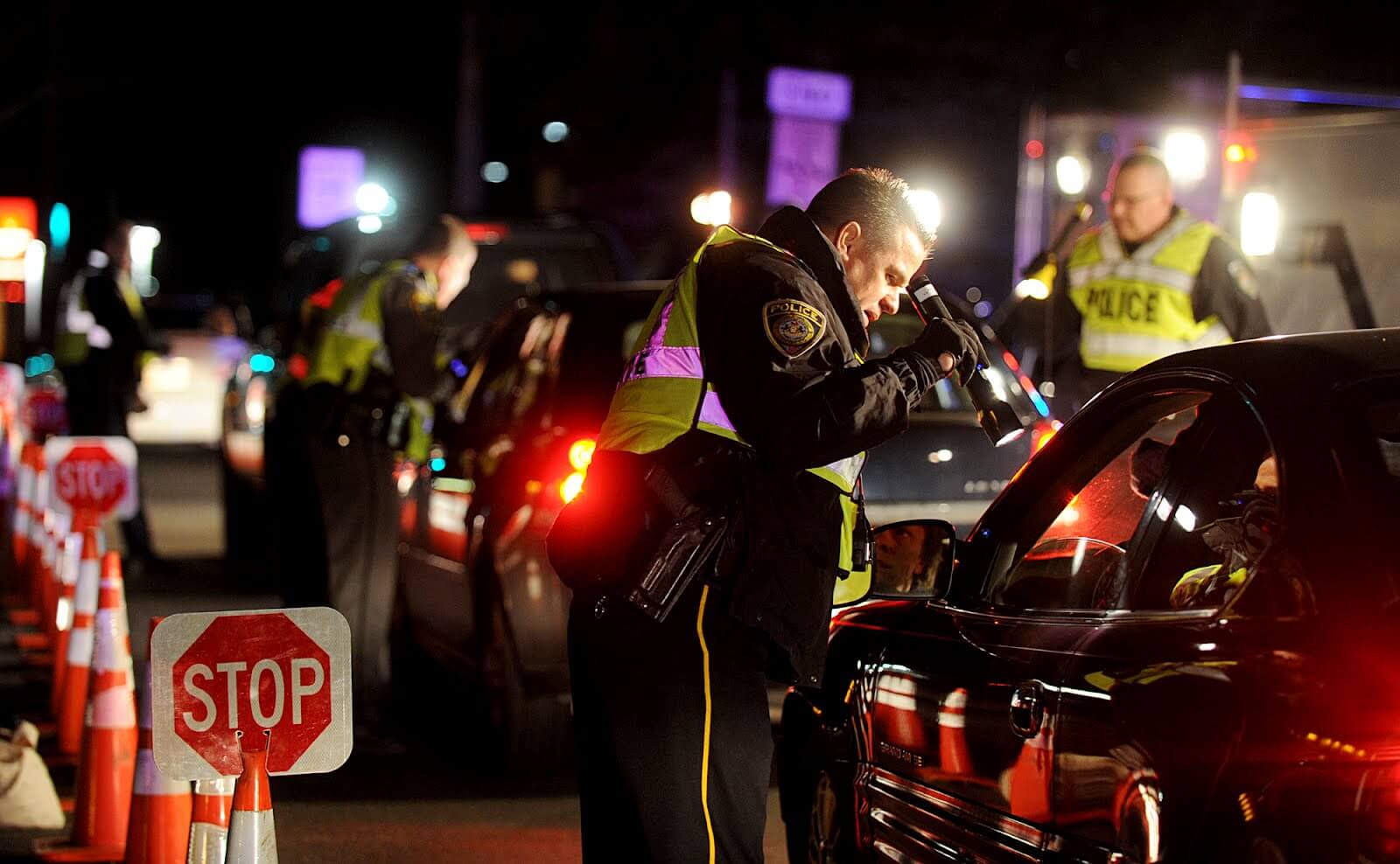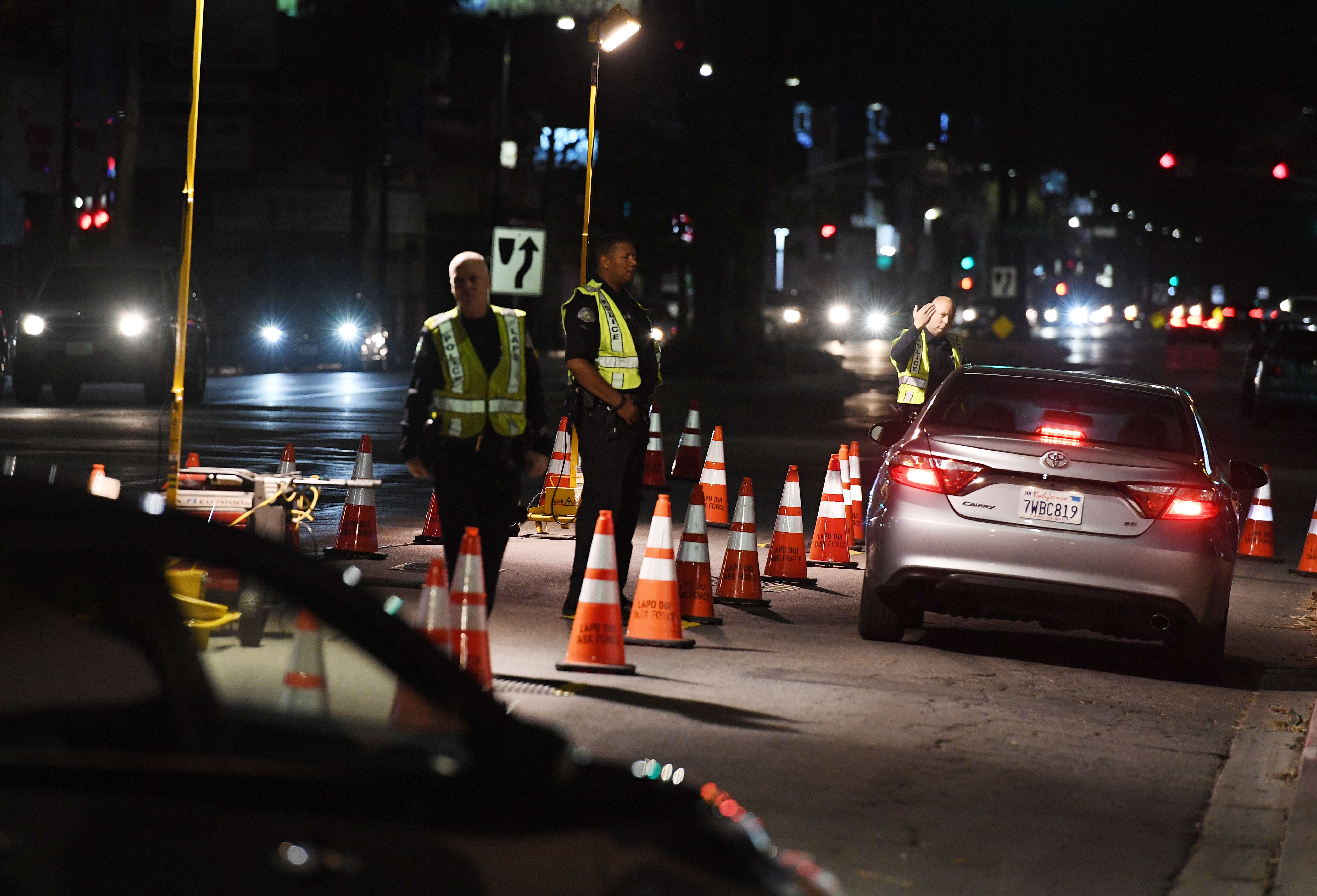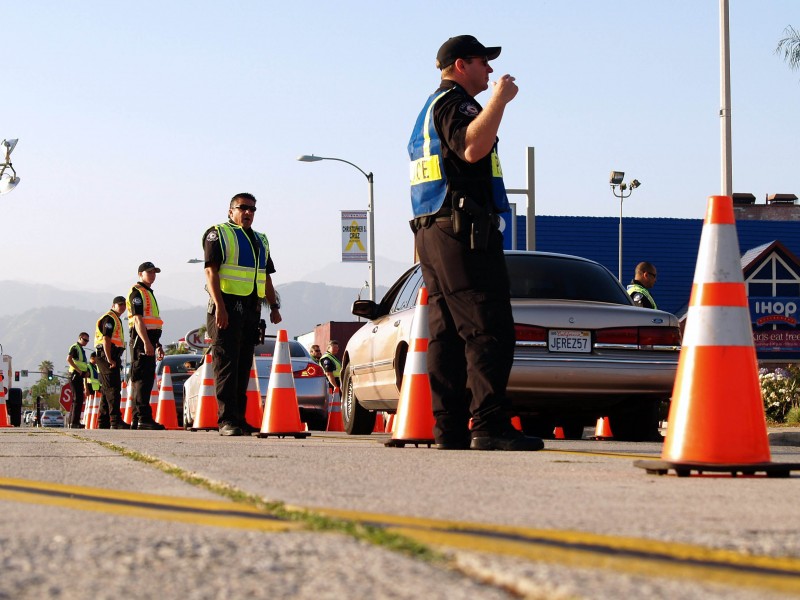So you’ve probably heard about DUI checkpoints, but do you really know what they’re all about? Whether you’re a new driver in LA County or just trying to stay informed, understanding these checkpoints is crucial. They’re not just random roadblocks—they’re part of a larger effort to keep our streets safe. Let’s dive into everything you need to know about DUI checkpoints in Los Angeles County, from the basics to the nitty-gritty details.
DUI checkpoints have become a common sight in LA County, and for good reason. The goal is simple: reduce drunk driving incidents and save lives. But let’s be honest, nobody likes getting pulled over, right? That’s why it’s essential to know your rights, the laws, and how to handle yourself if you encounter one of these checkpoints.
By the time you finish reading this article, you’ll be a pro at navigating DUI checkpoints. From legal requirements to tips on staying safe, we’ve got you covered. So buckle up, grab a coffee, and let’s break it down step by step.
Read also:Jackie Jackson Net Worth A Comprehensive Look At His Wealth And Career
What Are DUI Checkpoints in Los Angeles County?
DUI checkpoints are designated locations where law enforcement officers set up temporary stops to check drivers for signs of intoxication. These checkpoints are usually announced ahead of time to ensure transparency and legality. In Los Angeles County, DUI checkpoints are a regular occurrence, especially during holidays and weekends when drinking and driving incidents tend to spike.
Now, here’s the thing: DUI checkpoints aren’t random. Officers follow strict guidelines to ensure they don’t violate your rights. For example, they can’t just pull you over because you’re driving a cool car or because you’re late for work. There’s a method to the madness, and we’ll get into that later.
Why Are DUI Checkpoints Important?
Think of DUI checkpoints as a safety net for the community. They’re designed to deter drunk driving and catch those who might be impaired behind the wheel. According to the National Highway Traffic Safety Administration (NHTSA), DUI checkpoints have been proven to reduce alcohol-related crashes by up to 20%. That’s a pretty big deal, especially in a city as bustling as Los Angeles.
But here’s the kicker: DUI checkpoints aren’t just about catching drunk drivers. They also serve as a reminder to everyone on the road to make smart choices. If you’ve had a few drinks, calling a rideshare or asking a friend for a lift is always the safer option.
How Do DUI Checkpoints Work in LA County?
Alright, let’s talk logistics. When you approach a DUI checkpoint, officers will signal you to stop. Don’t panic—it’s just a routine check. They’ll ask for your license and registration, and they might ask a few questions to assess your sobriety. If everything checks out, you’ll be on your way in no time.
However, if an officer suspects you’re under the influence, they might ask you to step out of the car for further testing. This could include a field sobriety test or a breathalyzer test. Remember, refusing a test can lead to serious consequences, so it’s best to cooperate and know your rights.
Read also:Christina Schwarzenegger The Woman Who Embraces Strength And Grace
Key Factors That Make DUI Checkpoints Legal
For a DUI checkpoint to be legal, it must meet certain criteria. Here are the main factors:
- Public Notification: Checkpoints must be announced ahead of time.
- Neutral Formula: Officers must use a predetermined system to stop vehicles, like every third car.
- Reasonable Location: Checkpoints should be set up in areas with a history of DUI incidents.
- Safe Operation: The checkpoint must be designed to ensure the safety of both officers and drivers.
These guidelines ensure that DUI checkpoints are fair and lawful. If you feel your rights were violated during a checkpoint stop, consult a legal expert to explore your options.
Common Misconceptions About DUI Checkpoints
There are a lot of myths floating around about DUI checkpoints. Let’s clear some of them up:
Myth #1: You Can Avoid a DUI Checkpoint
While it’s true that you can legally turn around before reaching a checkpoint, doing so might raise suspicion. Officers are trained to spot erratic behavior, so if you make a sudden U-turn, they might follow you. The best course of action is to approach the checkpoint calmly and cooperate.
Myth #2: You Can’t Be Arrested Without a Breathalyzer Test
Wrong. Officers can arrest you based on their observations alone. If they notice signs of intoxication, such as slurred speech or bloodshot eyes, they have probable cause to detain you. A breathalyzer test is just one tool they use to confirm impairment.
What Happens If You’re Arrested at a DUI Checkpoint?
Getting arrested at a DUI checkpoint is no joke. Here’s what typically happens:
- You’ll be taken to the station for further testing.
- Your vehicle may be impounded.
- You’ll face legal consequences, including fines, license suspension, and possibly jail time.
It’s crucial to contact a lawyer as soon as possible to protect your rights and build a strong defense.
Tips for Navigating DUI Checkpoints
Here’s the lowdown on how to handle yourself at a DUI checkpoint:
Tip #1: Stay Calm and Polite
Being respectful to officers goes a long way. Answer their questions truthfully and avoid any aggressive behavior. Remember, they’re just doing their job.
Tip #2: Know Your Rights
You have the right to remain silent, but you must still provide your license and registration. If an officer asks you to step out of the car, comply while keeping your cool.
Should You Hire a Lawyer After a DUI Arrest?
Yes, absolutely. A DUI lawyer can help you navigate the legal system and potentially reduce or dismiss charges. They’ll also guide you through the DMV hearing process, which is separate from your criminal case.
Statistics on DUI Checkpoints in Los Angeles County
Let’s look at some numbers to understand the impact of DUI checkpoints:
- In 2022, over 1,200 DUI arrests were made at checkpoints in LA County.
- DUI checkpoints have reduced alcohol-related fatalities by 15% in the last five years.
- Approximately 90% of drivers who pass through checkpoints are not detained.
These stats show that DUI checkpoints are effective in keeping our roads safe. But they also highlight the importance of responsible driving.
How DUI Checkpoints Affect Traffic Flow
One common complaint about DUI checkpoints is that they cause traffic delays. While it’s true that checkpoints can slow things down, the inconvenience is temporary. Most drivers are processed quickly, and officers work hard to minimize disruptions.
Alternatives to DUI Checkpoints
While DUI checkpoints are effective, some argue that other strategies could be more efficient. For example:
- Increase sobriety patrols during high-risk times.
- Implement ignition interlock devices for repeat offenders.
- Launch public awareness campaigns to educate drivers about the dangers of drunk driving.
These alternatives could complement DUI checkpoints and further reduce DUI incidents.
Why Public Awareness Matters
Education is key to preventing drunk driving. By spreading awareness about the dangers of impaired driving, we can encourage people to make smarter choices. Whether it’s through social media campaigns or community events, every effort counts.
Final Thoughts: Stay Safe, Stay Smart
In conclusion, DUI checkpoints in Los Angeles County are here to protect us all. By understanding how they work and knowing your rights, you can navigate them with confidence. Remember, the best way to avoid trouble is to never drive under the influence in the first place.
So, what’s next? If you’ve learned something valuable from this article, share it with your friends and family. Together, we can make our roads safer for everyone. And if you ever find yourself in a tricky situation, don’t hesitate to seek legal advice.
Stay safe out there, and drive responsibly!
Table of Contents
- What Are DUI Checkpoints in Los Angeles County?
- Why Are DUI Checkpoints Important?
- How Do DUI Checkpoints Work in LA County?
- Common Misconceptions About DUI Checkpoints
- Tips for Navigating DUI Checkpoints
- Statistics on DUI Checkpoints in Los Angeles County
- Alternatives to DUI Checkpoints
- Final Thoughts: Stay Safe, Stay Smart


